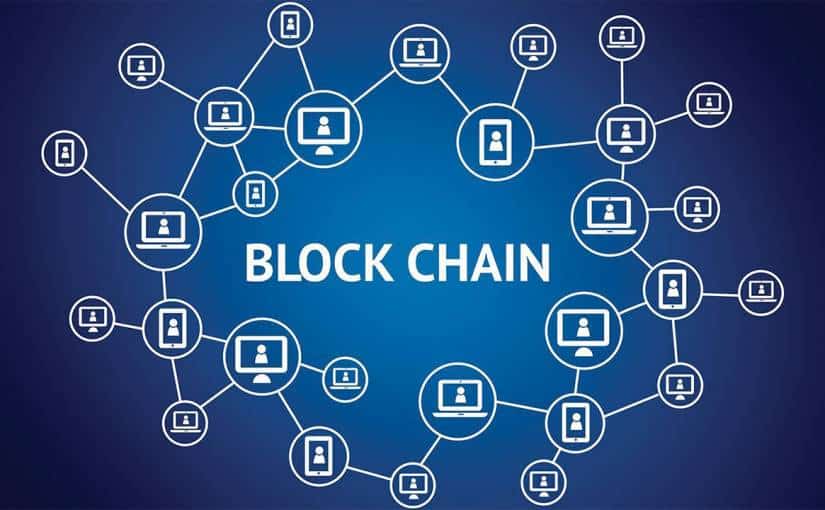If you’ve ever been curious about how things work in the digital world, you might have heard about something called “blockchain.” It’s not just a trendy word; it’s a groundbreaking technology that’s changing different industries, like money and healthcare.
What is The Blockchain?
Blockchain is like a special way of keeping records on the internet. It’s like a super secure digital notebook that lots of computers share. When someone makes a transaction, it gets written down in this notebook and can’t be changed. It’s like a big list of all the things people buy, and everyone can look at it, but no one can mess with it.
How does Blockchain work?
A blockchain is like a special digital notebook that keeps track of every deal in the right order. Each deal is written in a block, and then it’s stuck onto a chain. The blocks are connected using secret codes, which makes it super hard to mess with or delete any info from the blockchain.
The Basics of Blockchain Technology
Blockchain technology has three key principles:
Decentralization: In contrast to conventional centralized databases, blockchain distributes data across a network of computers, eliminating the vulnerability of a single point of failure.
Transparency: Every transaction is openly accessible to all participants, fostering a high level of trust and transparency in the system.
Immutability: Once data is recorded in a block, it becomes impervious to alteration without modifying all subsequent blocks. This feature provides an exceptional level of security.
Also, Read This: A Beginner’s Guide to Understanding Computer Programming
What are the applications of Blockchain technology?
Blockchain technology has a wide range of applications across various industries. Here are some of the key areas where blockchain is being used or explored:
Cryptocurrencies and Digital Assets: This is the most well-known application of blockchain. Bitcoin, Ethereum, and many other cryptocurrencies rely on blockchain technology for secure and decentralized transactions.
Smart Contracts: These are self-executing contracts with the terms written directly into code. They automatically execute and enforce the terms of an agreement when predefined conditions are met.
Supply Chain Management: Blockchain can be used to create transparent and tamper-proof supply chains. This helps in tracking the origin and journey of products, ensuring authenticity, and preventing counterfeits.
Identity Verification and Management: Blockchain can offer a secure and decentralized way to manage digital identities. This is particularly valuable in situations where trust is crucial, like in voting systems or for managing personal data.
Healthcare Data Management: Blockchain can be used to securely manage and share healthcare records, ensuring data integrity and privacy.
Voting Systems: Blockchain can provide a secure and transparent platform for conducting elections. It can help in preventing voter fraud and ensuring the integrity of the voting process.
Tokenization of Assets: This involves representing real-world assets (like real estate, artwork, or commodities) as digital tokens on a blockchain. This enables fractional ownership and facilitates easier trading.
Supply Chain Finance: Blockchain can be used to facilitate financing and lending within a supply chain ecosystem, providing businesses with easier access to capital.
Gaming and Virtual Assets: Blockchain enables the creation of unique, verifiable digital assets that can be used in games or virtual worlds. This allows true ownership and trade of in-game items.
Content Monetization: Blockchain can be used to create new models for content creators to monetize their work, such as through micropayments and token-based incentives.
These are the possible applications of Blockchain. As it gets better, we’ll find even more ways to use it in different industries. But remember, it’s not perfect for everything. We have to think about what each situation needs.
Conclusion
Blockchain, a distributed and open record-keeping system, is revolutionizing various global sectors. Its safety and potential uses in finance, supply chain, and healthcare hold great potential for a more streamlined and safe future. Embracing blockchain entails adopting innovation and entering a fresh age of digital confidence and effectiveness.


